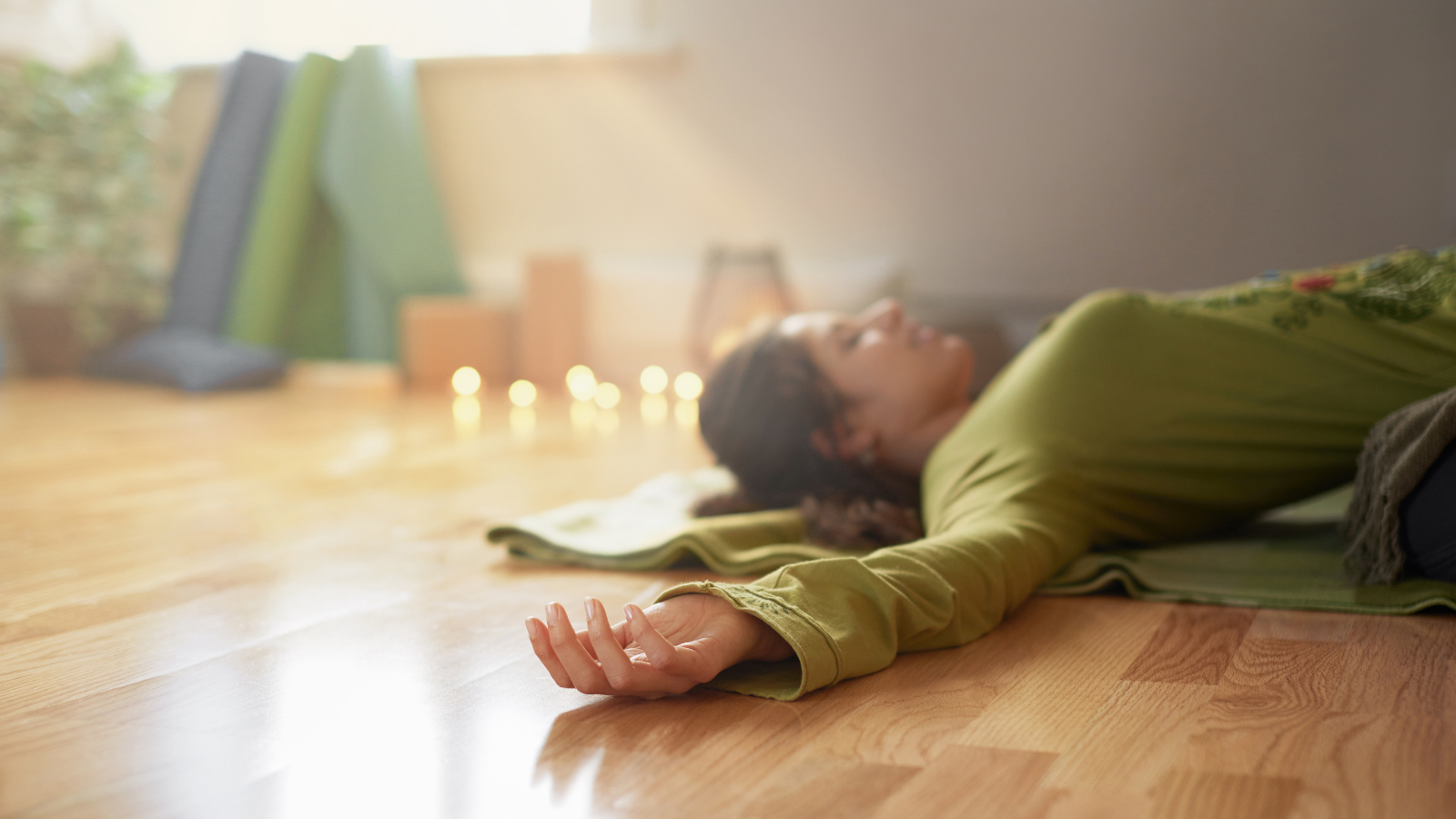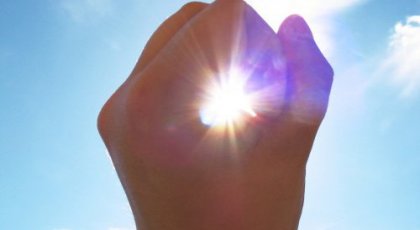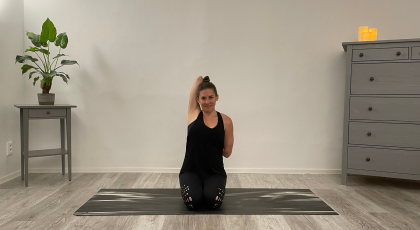View basket (0 items $0.00)

The Power of Sleep: Part 1
Several years ago, I read a fascinating study on how sleep patterns have changed since the industrial revolution. Two differences stood out as the most significant:
-
The average person has knocked off more than a full hour of sleep daily and is now sleeping a mere 6.8 hours, instead of the recommended eight to nine hours for adults.
-
People historically had two sleep sessions daily (yes … siesta was the standard). If we go back far enough, say 100 years, we find that people slept for 4 hours in the early evening, got up, socialized, prayed, read books, and then went back to sleep for another four to six hours.
Since then, I have read numerous studies on the effects of sleep deprivation, and there is no question that sufficient sleep is one of the key pillars of preventative health care.
Fast forward to today, and sleep deprivation has become one of the most significant challenges to public health. Lack of sleep is making us ill, overweight, and … well … less smart!
Why a Good Night’s Sleep is So Important
-
Neuroscientist Matthew Walker, one of the leading experts on sleep and author of Why We Sleep: Unlocking the Power of Sleep and Dreams, states that the detrimental effects of a seven-hour sleep (or less) is equivalent to being a smoker or drinking alcohol in excess.
-
Lack of sufficient sleep leads to overeating, as the hormone that tells us when we are full is blunted by lack of sleep.
-
Compounding this problem, lack of sleep also triggers the hormone that tells us we are hungry.
-
Lack of sleep prevents the brain from making new memories.
-
Further, when we don’t get a full night's sleep, beta-amyloid proteins that are removed from the brain when sleeping, accumulate. The more beta-amyloid proteins collect in the brain, the greater your chances of dementia in later life.
-
Lack of sleep in teenagers and children is linked to schizophrenia and depression, a significant issue due to the early start time for classes in most schools.
-
Just one night of five or fewer hours of sleep reduces critical anti-cancer natural killers cells by 70 percent. Sleep deprivation is linked to the development of numerous forms of cancer, so much so that the World Health Organization now classifies nighttime shift work as a probable carcinogen.
-
If you sleep six hours or less, your blood pressure rises and you have a 200 percent increased risk of fatal heart attack or stroke in your lifetime.
-
Another effect of lack of sleep is seen in men’s testosterone levels, which drop to that of a man ten years older when sleeping five hours a night, affecting both virility and wellness.

So, how long can we last without sleep before we begin to see a significant decline in brain and body function? Studies show that once we are awake for longer than 16 hours, deterioration is rapid, and at 19 to 20 hours of wakefulness, "our mental capacity is as impaired as someone who is legally drunk behind the wheel of a car." (Matthew Walker, author of Why We Sleep)
The long and short of it is that we need a minimum of 8 hours of sleep to repair the damage of wakefulness.
The Good News
There is a wide range of dietary and lifestyle interventions that support the quality and quantity of sleep and in part 2 of this article, I will focus on solutions. In the meantime, consider putting away the computer, the mobile phone, and turning off the television, two hours earlier than you usually do. This quiet time is ideal preparation for a good night’s sleep!
Reprinted with permission from Bonny Casel & herenowhealing.com
 Bonny Casel ND, MAMH, MBSLM, FBRI is the founder and director of the School of Natural Medicine UK, course creator of Lifestyle Medicine for Self Care, and founding director of Council for Self-Care. She is also a training provider for NHS hospital staff, guest lecturer, and speaks internationally with a focus on holistic pro-health care.
Bonny Casel ND, MAMH, MBSLM, FBRI is the founder and director of the School of Natural Medicine UK, course creator of Lifestyle Medicine for Self Care, and founding director of Council for Self-Care. She is also a training provider for NHS hospital staff, guest lecturer, and speaks internationally with a focus on holistic pro-health care.
Bonny began her teaching career in 1988 and has studied with many of the leading pioneers of natural medicine of the last century, including Dr. Bernard Jensen, Dr. John Christopher, Dr. Farida Sharan, Dorothy Hall, and Denny Johnson, as well as scientists Bruce Lipton and Nassim Haramein. She has authored several accredited courses, including the comprehensive Healing Diets Nutritional Consultant and Quantum Botanicals Advanced.
Dedicated to educating, empowering, and inspiring people to achieve independent health and quality of life, Bonny is also committed to lifelong continuing education, experiential self- care and to contribute what she can to make the world a better place. Please visit www.herenowhealing.com and www.lifestyle-medicine.com to find out more.
Featured Courses









